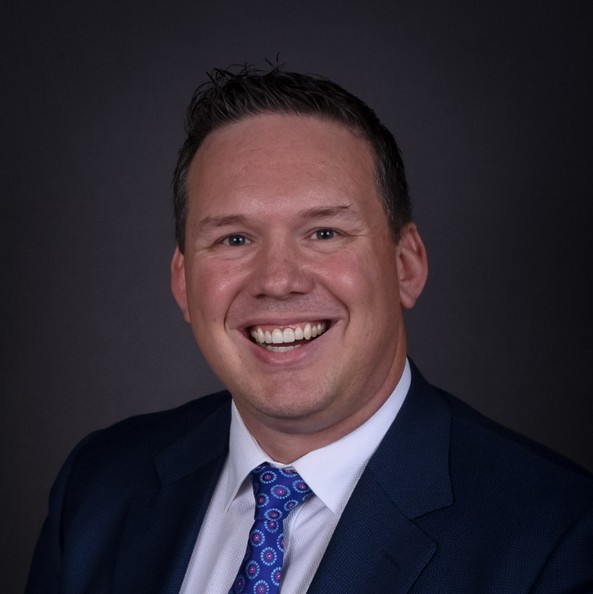Levi Dartt (BA '10)

Can you describe your current role and the path that led you there?
I’m currently working at Walmart and lead Finance for our Next Generation Fulfillment as the Finance Director and CFO for these facilities. Leaving Undergrad, I found that my economics background prepared me to learn, use logic, and problem solve. Over my career I’ve used my knowledge of incentives and game theory to help me progress from being a business analyst to leading finance organizations as well as build start ups at fortune 200 companies.
How did your degree from UNT Economics contribute to your career development?
My first role at Texas Instruments I recognized that identifying incentive patterns in an organization is the best manner to help progress the organization. As I understood what was valuable for each role, I tried to influence change by building win-win solutions. In my current role, I use labor planning as well as heavily focus on key intermediate economic theories such as labor vs capital decisions, looking at production throughout and evaluating cost structure from variable to fixed cost and focusing on improvements to maintain growth.
What did you most enjoy about your time studying economics at UNT?
My favorite part of studying Economics at UNT was the professors. Each had a great willingness to share knowledge and understanding. Mr. Harry Ellis introduced me to Economics, while I played Junior College baseball and his teaching style helped me recognize I enjoyed the subject and wanted to attend where I taught full time. Ms. Jiyoung Kwon was incredible with teaching microeconomics. I loved learning from Mr. William Wallace about the 2008 banking crisis. I enjoyed learning about Game theory from Dr. Janice Hauge and enjoyed working a special project with her on the telecommunications industry. Dr. Myungsup Kim was incredible teaching Econometrics.
Do you have any advice for someone considering an Economics degree at UNT? What advice would you give to current and prospective students who are considering a similar career path?
Economics has heavily influenced my approach to solving problems in the business world. Getting on the professional path was not easy, and required preparation through my Junior and Senior year to identify opportunities to get an internship. That internship delayed my graduation by a semester, but lead to an offer and my first job at Texas Instruments. As you approach graduation and possibly a masters try to understand what career path works. I recall having a conversation with Dr. Jeff Rous when i was assessing my Masters. After that discussion I understood that a MBA was the right fit over a Masters or PhD in Economics.